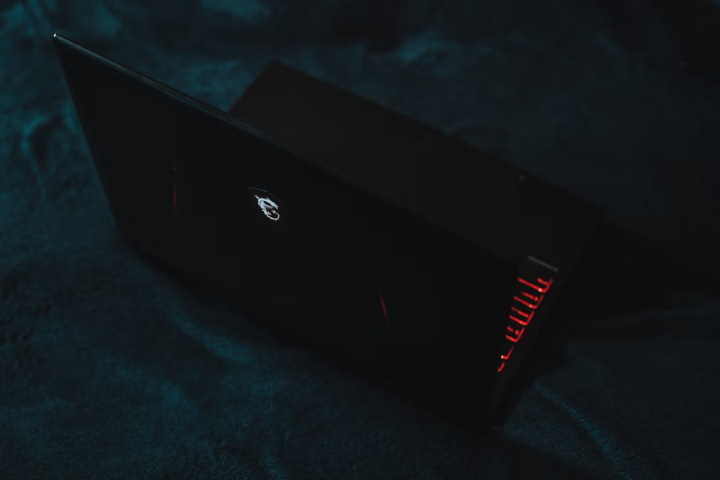
Taipei, March 28 (CNA) Micro-Star International Co. (MSI), one of Taiwan's leading PC vendors, said on Sunday that it always abides by international rules in terms of its sales and operations in Russia after having been named on a Yale University professor's list as not having exited or reduced its activities in the country.
MSI's statement came after the company and two other Taiwanese PC brands -- Acer Inc. and Asustek Computer Inc. -- were named last week by Jeffrey Sonnenfeld, a professor of Yale School of Management, and his research team as one of the companies which had defied "demands for exit or reduction of activities" in Russia, while more than 450 companies have announced their withdrawals since the country launched an invasion of Ukraine on Feb. 24.
According to MSI, Russia's invasion of Ukraine had resulted in a humanitarian crisis and that in light of the ensuing sanctions imposed by many economies against Moscow, it always follows international trade regulations.
MSI, which is well-known for its gaming PC line, added that it also placed an emphasis on the safety of its employees, and hoped the war would end as soon as possible in a peaceful manner.
According to Sonnenfeld, a total of 42 firms including Acer, Asustek and MSI have been categorized in the "Digging In" category, which had defied calls to exit Russia as of March 27.
The Digging In category got a "F" grade in five categories on the Yale list. According to the Yale research team, the actions of the three Taiwanese companies were not publicly disclosed, but Acer and MSI had a "significant market share" in Russia.
The other four categories on the list are "Withdrawal," "Suspension," "Scaling Back," and "Buying Time," which means companies have postponed future planned investment, development, and marketing, but continue to do substantive business in Russia.
Acer issued a similar statement on Saturday, saying it always abides by international trade regulations and is also paying close attention to the safety and well-being of its employees.
As the ongoing military conflict between Russia and Ukraine has affected cargo transportation, PC shipments to Russia have been temporarily halted, said Acer.
Acer added it had kept in close contact with its employees based in Ukraine and was closely watching how the war being waged by Russia against Ukraine would evolve.
The top priority for Acer now is to take care of its employees and their family members affected by the war and ensure that they remain safe, the company said.
Before being named by Sonnenfeld and his team, Asustek had been urged on March 10 by Ukraine's Minister of Digital Transformation Mykhailo Fedorov in a public appeal to stop doing business with Russia until "the Russian aggression in Ukraine is fully stopped and fair order is restored."
In response to Fedorov, Asustek said in a March 14 statement that shipments of the company's products to Russia were at "an effective standstill."
"ASUS routinely abides by all international regulations, and this situation -- combined with complex challenges across supply chain, logistics, and banking, plus other factors -- has created an effective standstill of shipments to the Russian market," the PC brand said.
Asustek also announced a plan to donate NT$30 million (US$1.05 million) in relief aid to Ukraine.
In addition to the three Taiwanese PC brands, other companies in the "Digging In" category on the list published by the Yale University team include Chinese firms such as e-commerce giant Alibaba, telecom equipment supplier Huawei, Internet services provider Tencent, smartphone brand Xiaomi, ride hailing firm Didi, and PC brand Lenovo; Switzerland-headquartered financial firm Credit Suisse, French retailer Auchan-Retail, Emirates Airlines, and Turkish Airlines.